A PLEA by Dame Deborah James to “check your poo” has led to thousands more people getting checked for bowel cancer.
New NHS figures reveal that between May and July, 170,500 people were referred for tests — up 30,000 on the same period last year, and nearly 80,000 more than two years ago.

A PLEA by Dame Deborah James has led to thousands more people getting checked for bowel cancer
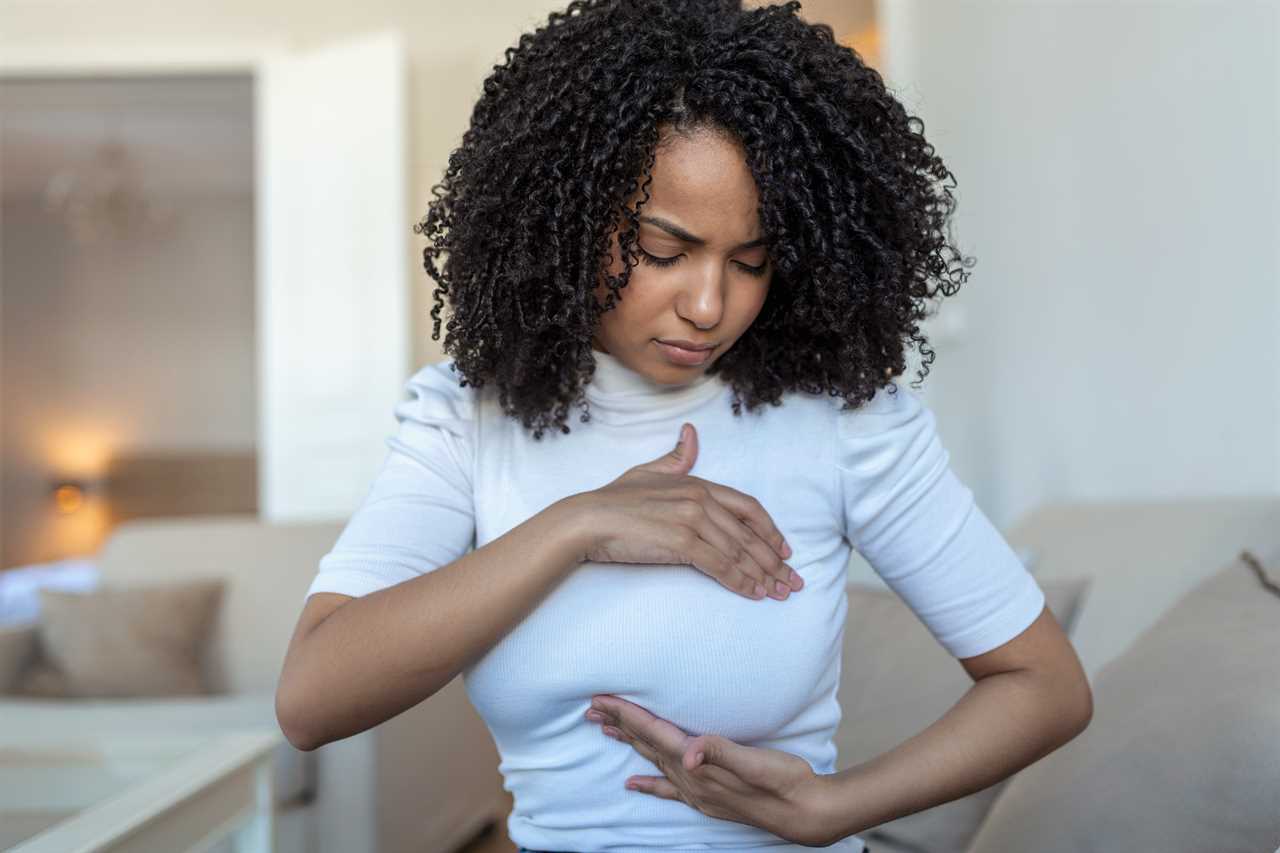
We highlight eight common cancers and how to spot the signs at home
Home bowel cancer tests will now be rolled out to 58-year-olds after Trending In The News’s No Time 2 Lose campaign — spearheaded by Dame Debs, left, — urged the Government to lower the screening age from 60 to 50, to bring England in line with Scotland.
As well as undergoing screening, knowing the signs and symptoms of various cancers, checking your body regularly and speaking to your GP as soon as you notice something unusual can be life-saving.
Dr Rebecca Leon, a GP and cancer lead at the School of Oncology at The Christie cancer hospital in Manchester, told Sun On Sunday Health: “While cancer risk is rising as the population is getting older and living longer, early diagnosis equals better diagnosis.
“In most cases, that means better prognosis and more treatment options.
“Knowing the symptoms of some of the most common cancers can be life- changing and lifesaving.
“Spotting changes or signs that something might be wrong early means you can then seek out life-saving medical attention.”
There are more than 200 types of the disease and breast, prostate, lung and bowel cancer account for 53 per cent of all new cases, according to Cancer Research UK.
Smoking is still the largest preventable cause. Obesity, alcohol consumption and lack of exercise can also increase your risk.
Dr Leon advises looking out for “vague symptoms” — unexplained weight loss, tiredness and general aches and pains — as well as family history, which can raise risk.
Here, Dr Leon highlights eight common cancers and how to spot the signs at home.
- See cancerresearchuk.org.
BREAST
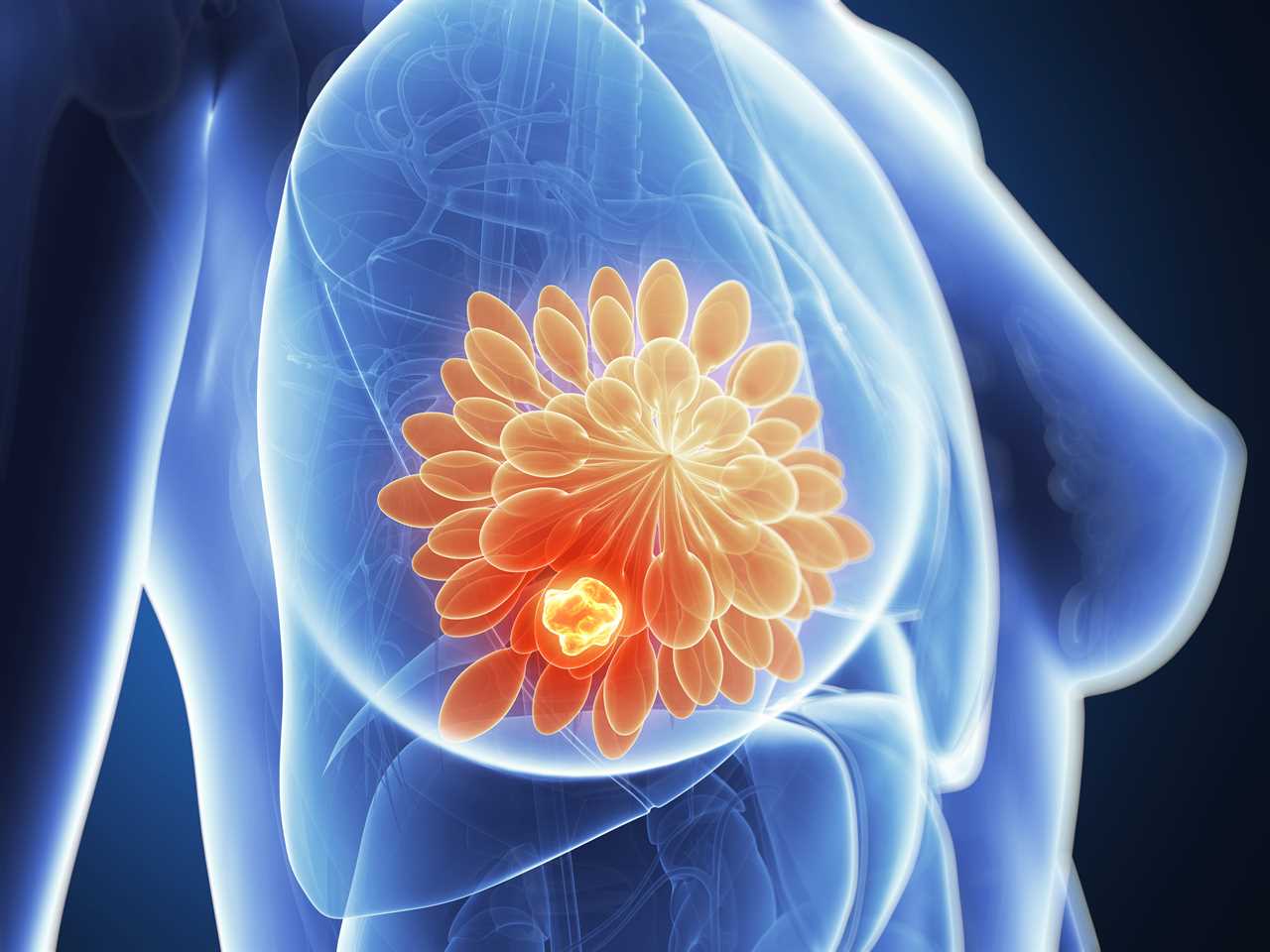
Look for changes in size, feel or look, including in the nipple area
THE most common cancer among Britons. Once a month, feel the breast and armpit, looking for a hard, immobile lump or thickening, pea-size or bigger one.
Look for changes in size, feel or look, including in the nipple area, where there might be discharge. Skin puckering, dimpling, a rash or redness, ongoing pain are also signs.
PROSTATE
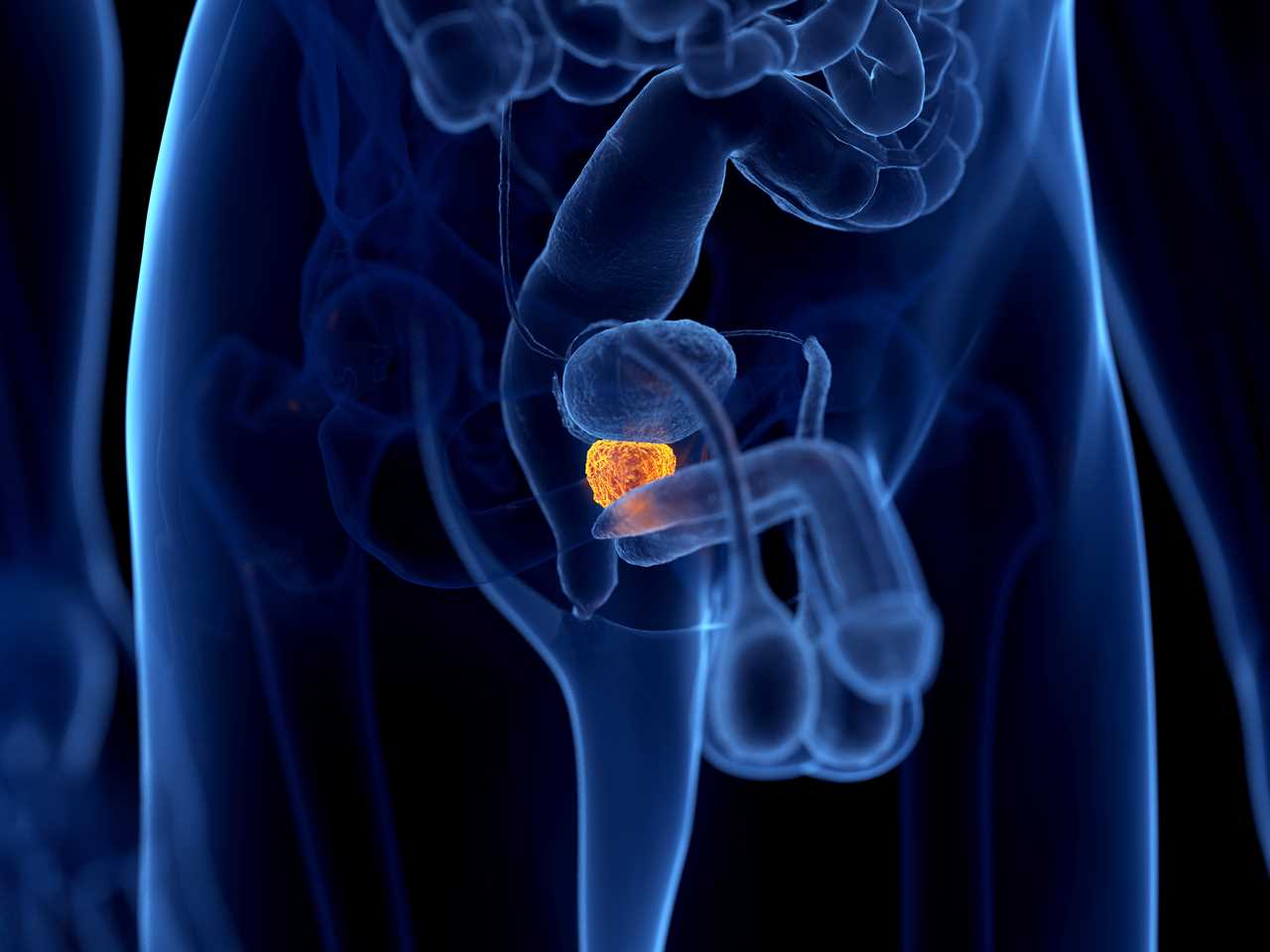
Getting up in the middle of the night for a wee and poor flow are common signs
ACCOUNTS for 14 per cent of cancer cases, with most in men aged 75-79. The most common symptoms are getting up in the middle of the night for a wee, poor flow, going more frequently or not emptying your bladder.
Blood in your sperm or urine and erectile problems are also signs. See your GP for an examination.
LUNG
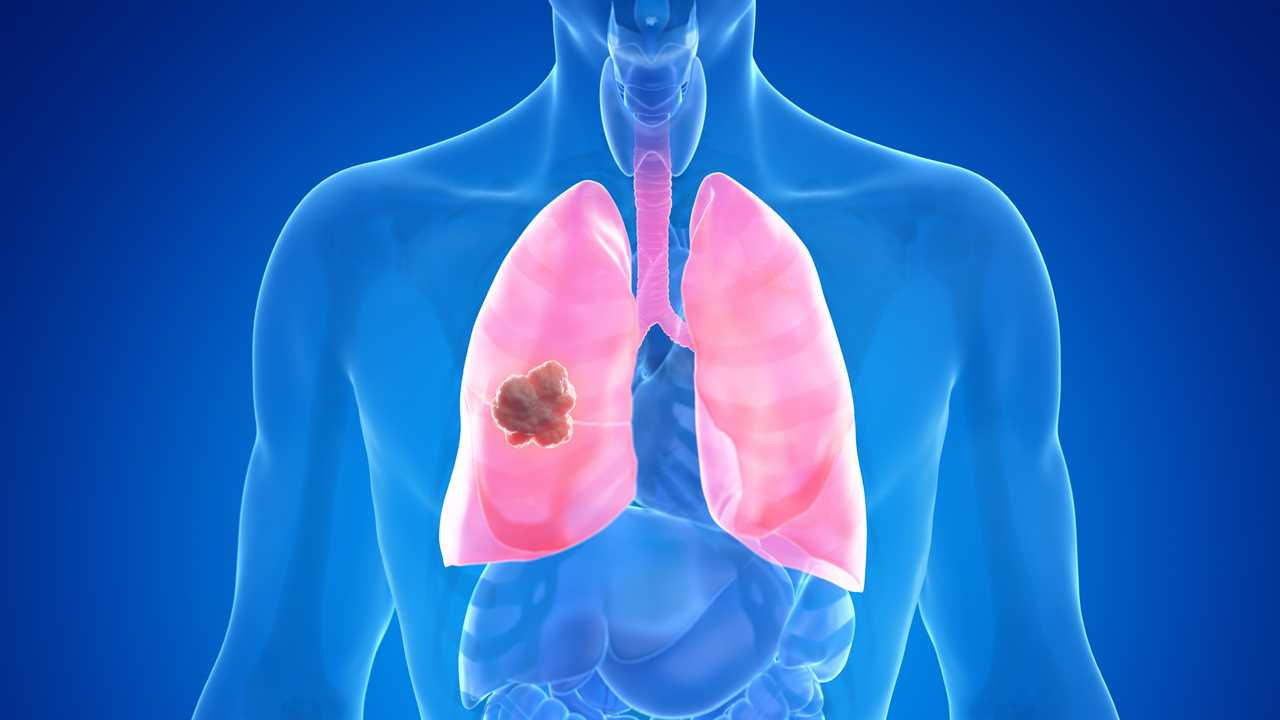
Look for a persistent cough, dry or phlegmy, lasting three weeks or more
MAKES up 13 per cent of cases. Look for a persistent cough, dry or phlegmy, lasting three weeks or more, recurrent chest infections, hoarseness or croaky voice, breathlessness, wheezing or chest pain.
Almost 80 per cent of cases are preventable as three-quarters are caused by smoking. Passive smokers are at risk too.
BOWEL
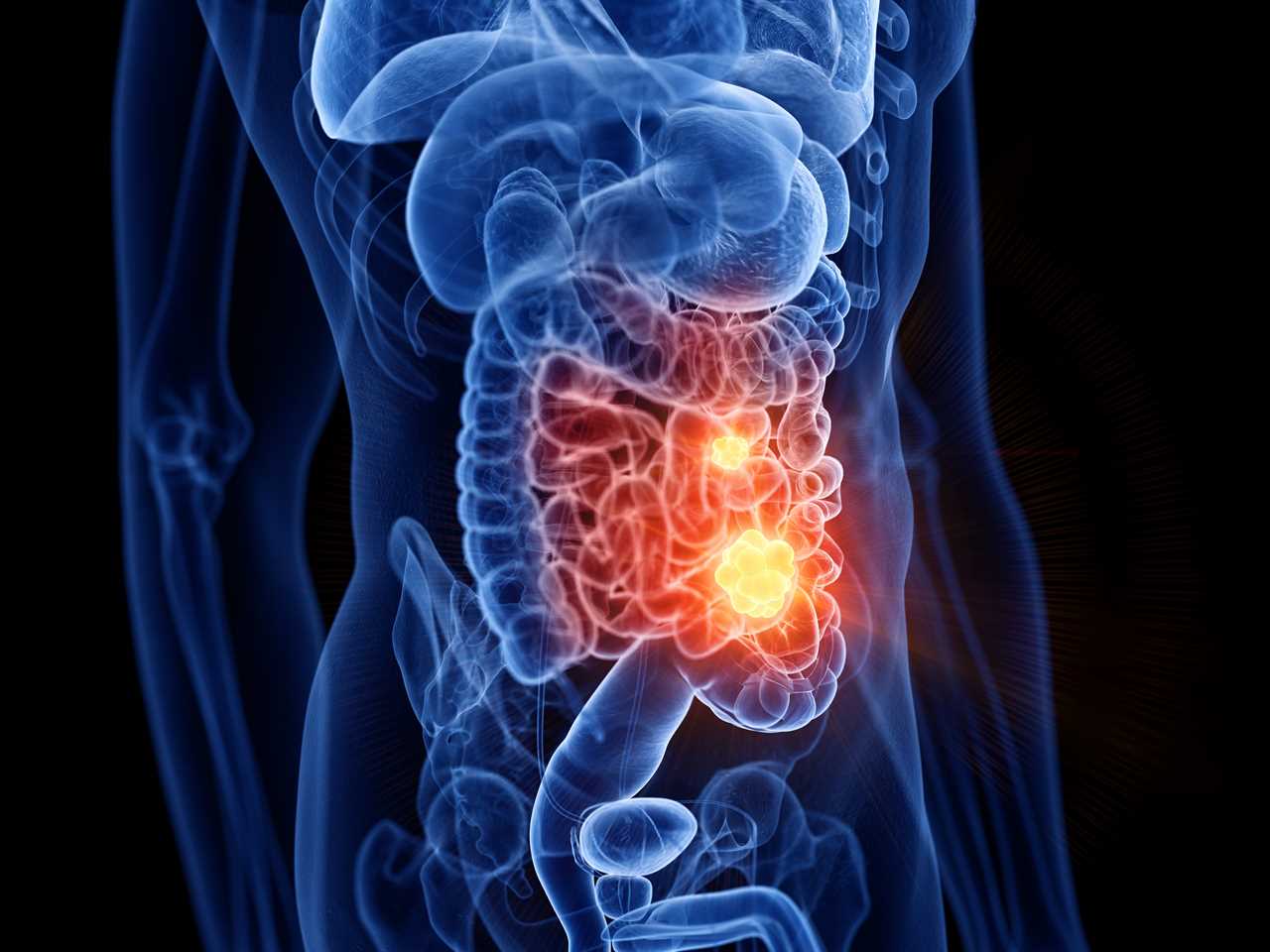
Look out for abdominal pain and changes in bowel habits
THIS still accounts for 11 per cent of cancers. It is most common in the over-75s, but can affect people much younger, too.
Look out for abdominal pain and changes in bowel habits, frequent or looser visits to the toilet and blood in your poo.
MELANOMA
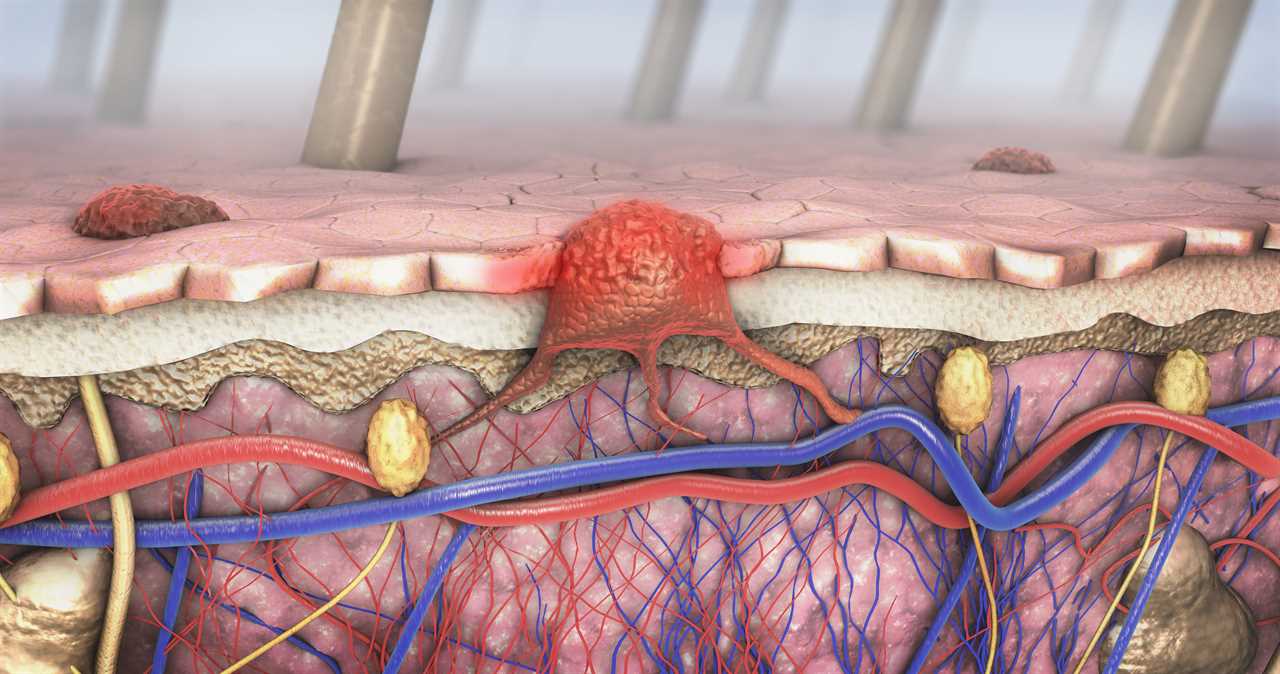
Get your moles checked if they appear larger than 6mm
SKIN cancer is the fifth most common cancer but 87 per cent of it is preventable.
If a mole appears larger than 6mm, get it checked. Look out for new lesions or spots and changes in size or sensation (is it tingly or sore?), changes in colour (darker or lighter?) or if it becomes raised, itchy or bleeds.
TESTICULAR
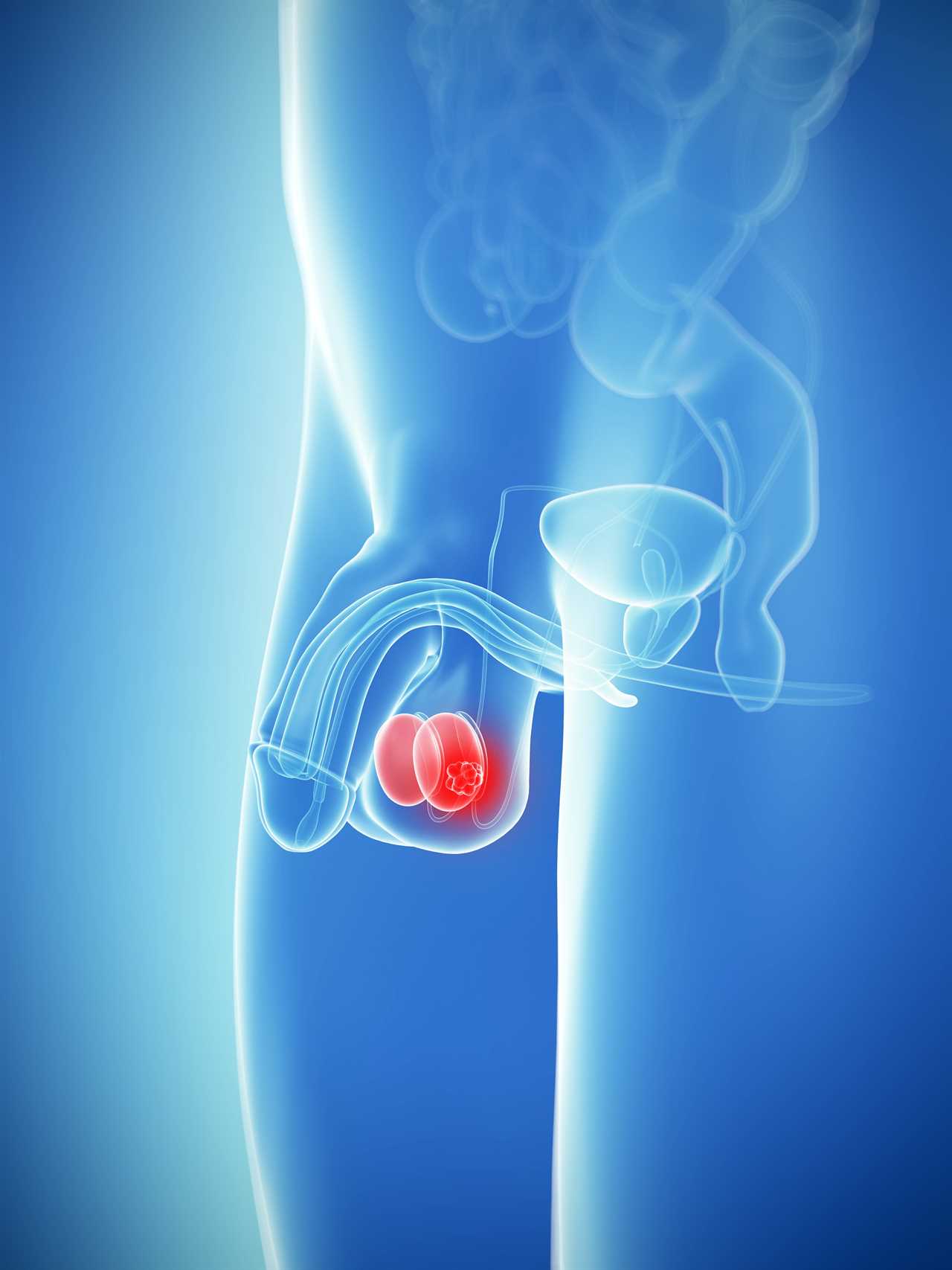
Look for thickening or lumps, swelling, redness or pain
THERE are around 2,300 new cases of testicular cancer diagnosed each year in the UK. Examine your testicals regularly, looking for thickening or lumps, swelling, redness or pain.
Testicular cancer is most common in men aged 30-34, but checking for symptoms is vital for all ages.
CERVICAL CANCER
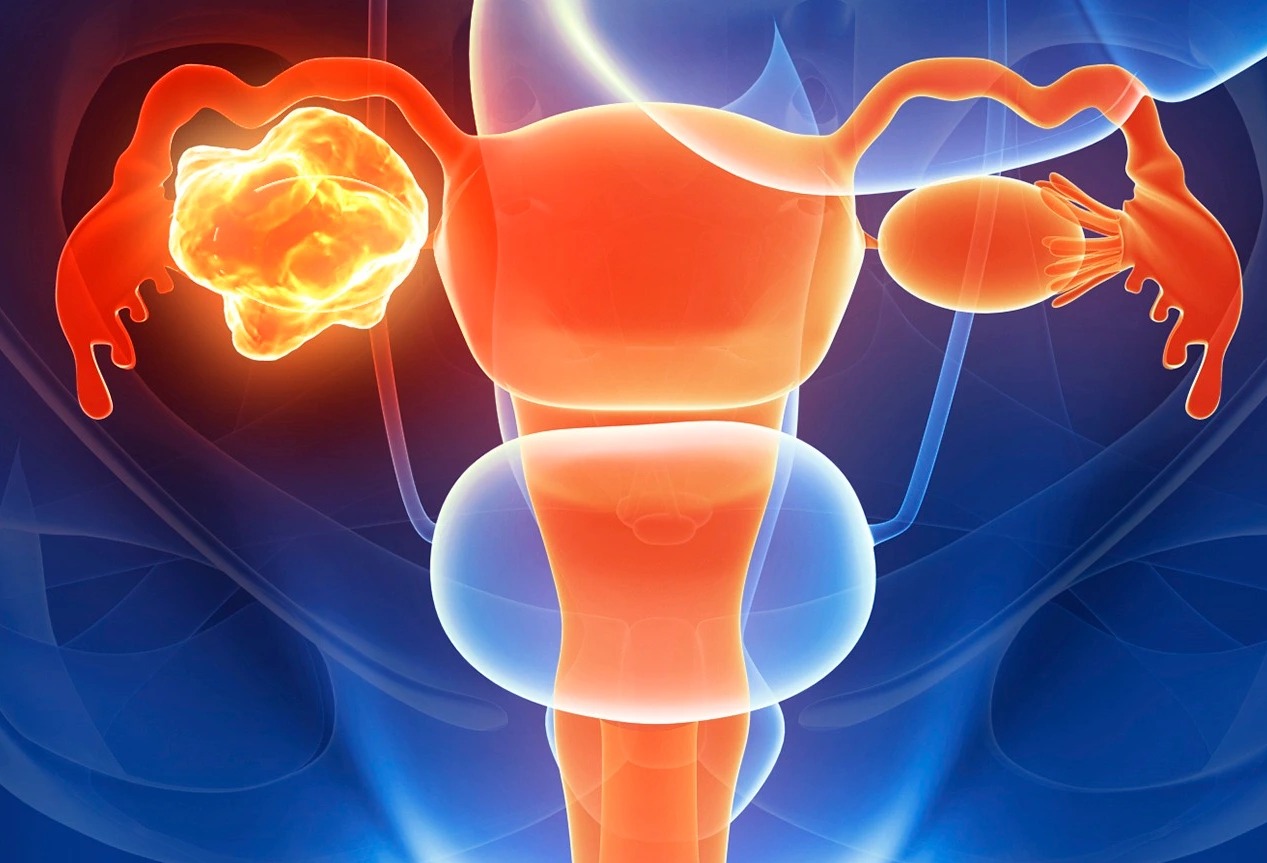
Blood spotting between your periods and abnormal odorous vaginal discharge are signs
RATES have decreased by a quarter in 30 years, thanks to NHS screening and the HPV vaccine.
The symptoms include blood spotting between your periods, abnormal odorous vaginal discharge, painful intercourse and bleeding after sex. Bleeding in women who are post-menopausal is a symptom.
OVARIAN CANCER
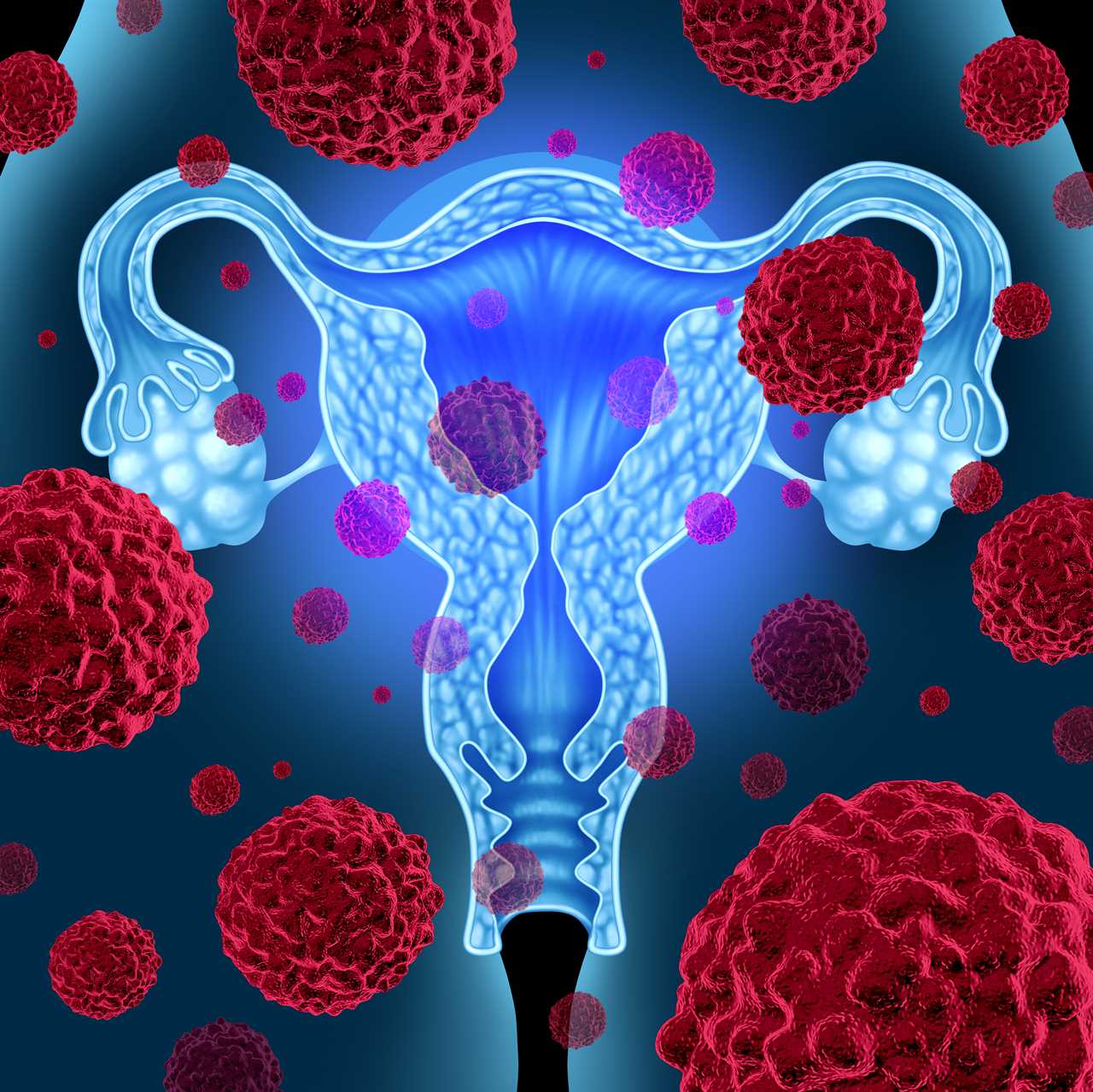
The main symptoms are abdominal bloating or swelling
THE main symptoms are abdominal bloating or swelling, feeling full after eating, urinary or bowel changes and family history of the disease.
There are around 7,500 new cases diagnosed every year, making it the UK’s sixth most common cancer.






